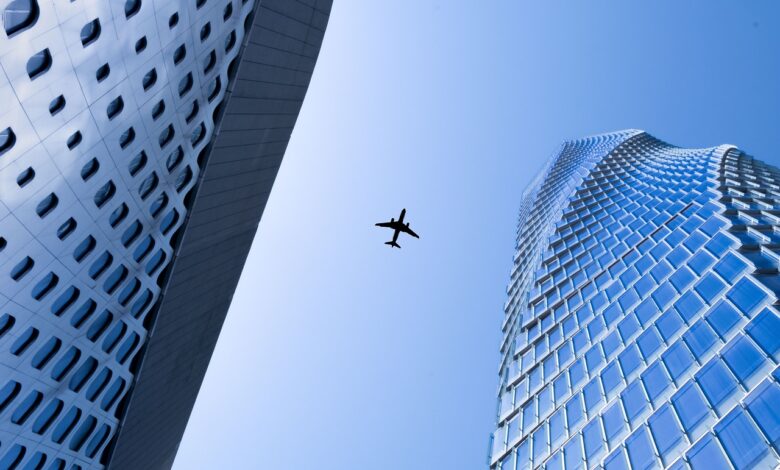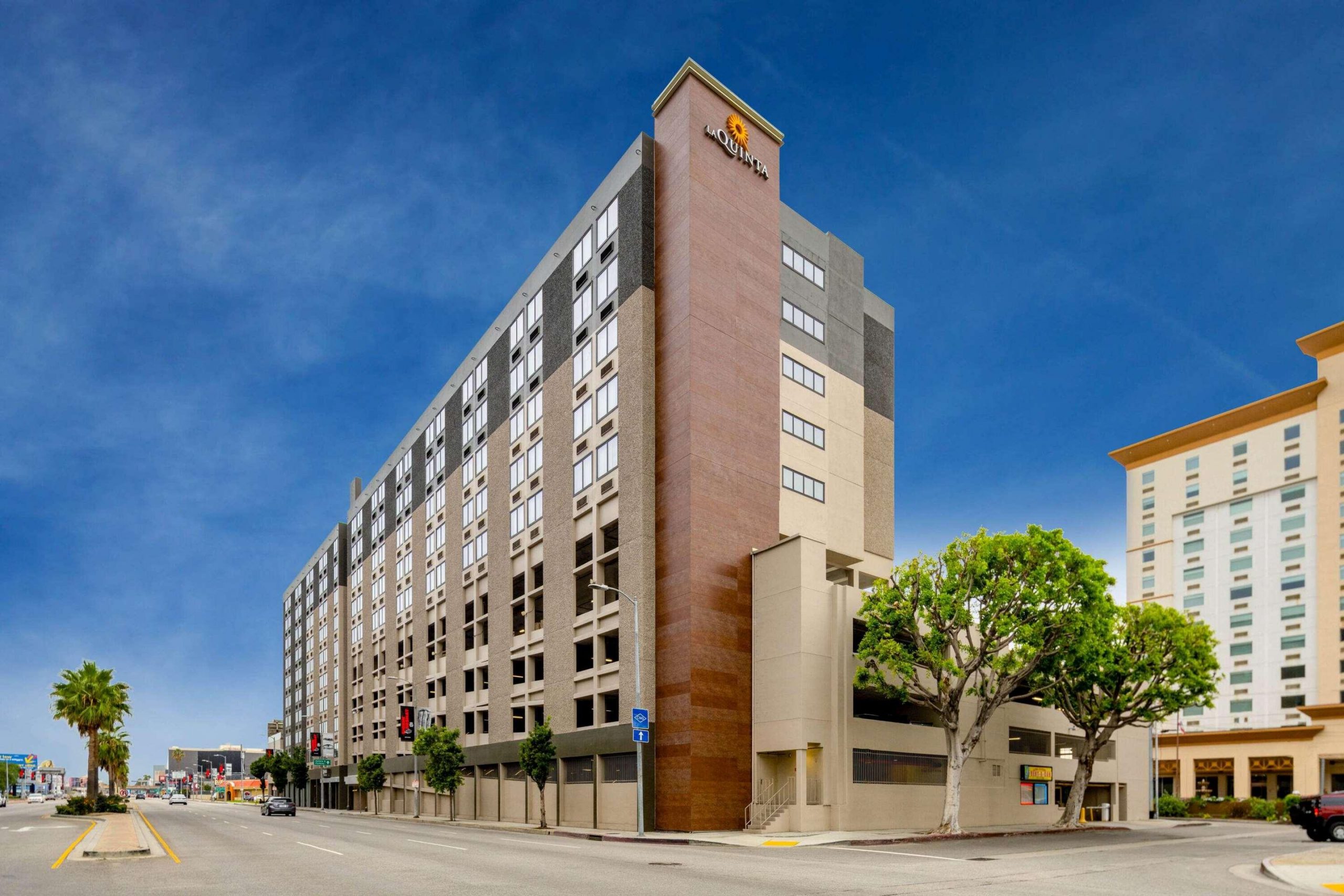
Hotel Chains Revamping Offerings to Mirror the Airline Model
By Gavin Fraser | September 4, 2024
As the global hospitality industry evolves, hotel chains are increasingly drawing inspiration from the airline industry. This shift reflects a broader trend towards personalization, revenue optimization, and operational efficiency. By adopting strategies similar to those used by airlines, hotels are poised to enhance guest experiences, streamline operations, and capitalize on new revenue streams. Here’s a closer look at how hotel chains are revamping their offerings to align more closely with the airline model.
One of the most significant changes in the hotel industry is the adoption of dynamic pricing, a practice long used by airlines. Just as airlines adjust ticket prices based on demand, time of booking, and seat availability, hotels are increasingly using sophisticated algorithms to set room rates. This approach allows hotels to optimize revenue by adjusting prices in real-time according to factors such as booking patterns, local events, and seasonal trends. Advanced revenue management systems (RMS) help hotels predict demand and set pricing strategies, similar to how airlines manage their seat inventory.
Hotels are also adopting tiered service levels and upselling strategies, mirroring the airline industry’s model of varying service tiers from economy to first class. Guests can choose from basic accommodations or upgrade to premium rooms with enhanced amenities. This model caters to a wider range of preferences and budgets while creating opportunities for upselling. Additionally, hotels are offering à la carte services, such as premium Wi-Fi, early check-in, and late check-out, akin to how airlines charge for extra luggage or in-flight meals. This allows guests to customize their stay while hotels can generate additional revenue from these optional services.
Loyalty programs have long been a hallmark of airlines, rewarding frequent travelers with points, upgrades, and other benefits. Hotels are enhancing their own loyalty programs to offer a range of perks, such as room upgrades, free nights, and exclusive access to amenities, encouraging repeat bookings. Some hotel chains are also exploring partnerships with airlines and other travel-related services to provide more comprehensive rewards programs. For instance, guests might earn airline miles for hotel stays or receive discounts on flights through hotel loyalty schemes. This cross-industry collaboration enhances the value proposition for guests and helps hotels tap into the airline industry’s vast network of travelers.
Personalization, a key feature of modern airline services, is becoming increasingly important in hotels. From customized in-flight entertainment to tailored food options, airlines have set a high bar for personalization. Hotels are adopting a similar focus to enhance guest experiences. Advanced guest management systems enable hotels to track preferences and provide customized services, such as room temperature adjustments, preferred amenities, and personalized greetings. AI and machine learning are being leveraged to analyze guest data and anticipate needs, with AI-powered chatbots assisting guests with booking modifications, special requests, and local recommendations.
The emphasis on operational efficiency, a hallmark of the airline industry, is also being mirrored in hotels. Airlines are known for their rigorous operational practices, and hotels are applying similar principles. This includes adopting technology-driven solutions for check-in and check-out processes, optimizing housekeeping schedules, and utilizing data analytics to improve overall efficiency. Automation and self-service options, such as self-check-in kiosks and mobile room keys, are enhancing operations and reducing labor costs, while allowing hotels to respond more quickly to changing demands.
As airlines face increasing pressure to address environmental concerns, many are investing in sustainable practices and technologies. Hotels are following this trend by incorporating eco-friendly initiatives into their operations, such as reducing energy consumption, minimizing waste, and offering sustainable amenities. With growing awareness among guests about environmental issues, hotels that adopt sustainable practices can attract environmentally conscious travelers and differentiate themselves in a competitive market.
The shift towards adopting airline-inspired strategies represents a significant transformation in the hospitality industry. By embracing dynamic pricing, tiered service levels, personalized experiences, and operational efficiency, hotel chains are positioning themselves for success in an increasingly competitive landscape. As these changes take root, guests can expect more flexible, tailored, and efficient hotel experiences that mirror the advancements seen in the airline industry. This new era in hospitality promises to enhance the guest experience while driving growth and innovation in the sector.






Get involved!
Comments